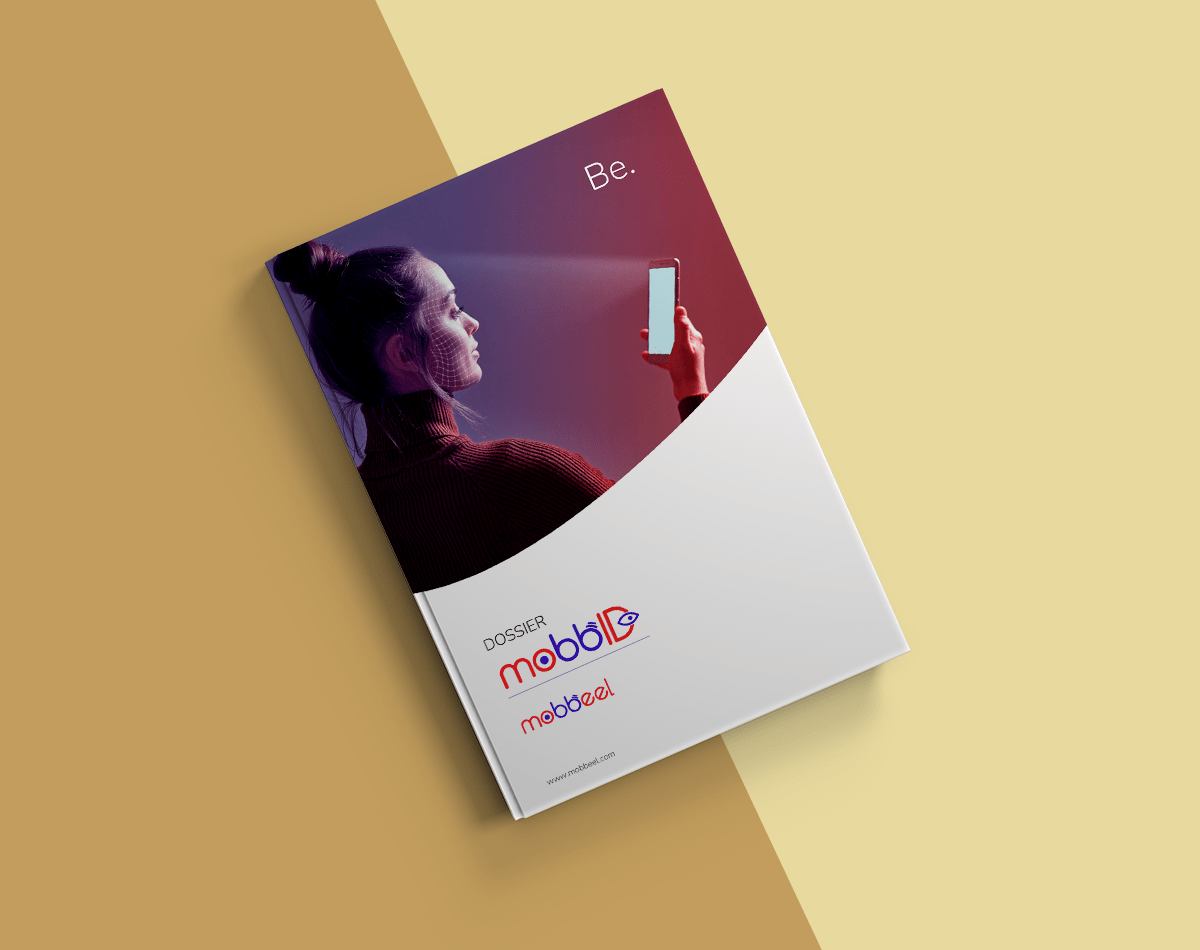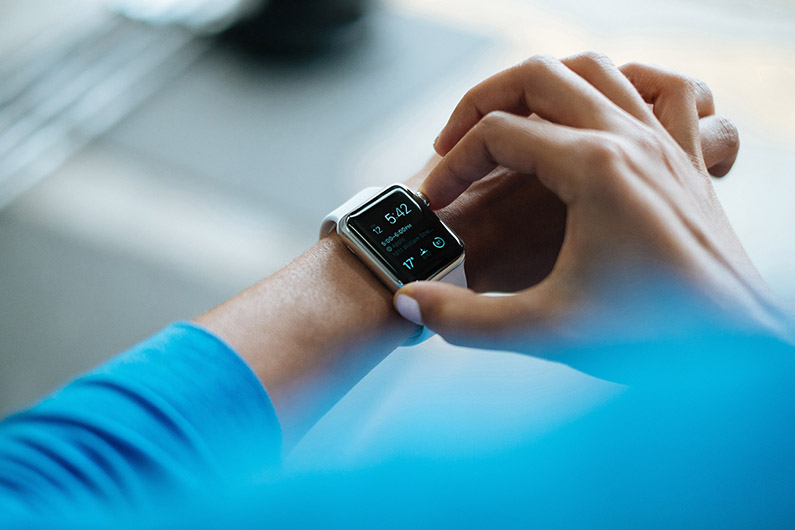On May 2019, the obligation to set up a time and attendance tracking system came into effect in Spain. In this sense, the control of the employees’ hourly register is compulsory and the vast majority of companies turn a blind eye until the bomb will blow up in our faces and an inspector will impose us a penalty that can range from €206 to €6,250.
Royal Decree-Law 8/2019, 8 March
The decree that includes the obligation to set up a work hours registration system in companies is the Royal Decree-Law 8/2019, of 8 March, on urgent measures for social protection and the fight against job insecurity in the working day.
In this law, in Chapter 3: “Measures to combat precarious work in the working day”, article 34 is modified, adding a new section 9, which relates to the obligation of recording the schedules of employees:
![]() «The company shall ensure the daily record of the working day, which shall include the specific start and end times of the working day of each employee, without prejudice to the flexible working hours laid down in this Article.
«The company shall ensure the daily record of the working day, which shall include the specific start and end times of the working day of each employee, without prejudice to the flexible working hours laid down in this Article.
This working day record shall be organised and documented by means of collective negotiation or company agreement or, failing this, a decision by the employer after consultation with the legal representatives of the employees in the company.
The company shall keep the records referred to in this provision for four years and shall remain at the disposal of the employee, their legal representatives and the Labour and Labour Inspectorate.»
![]() «The company shall ensure the daily record of the working day, which shall include the specific start and end times of the working day of each employee, without prejudice to the flexible working hours laid down in this Article.
«The company shall ensure the daily record of the working day, which shall include the specific start and end times of the working day of each employee, without prejudice to the flexible working hours laid down in this Article.
This working day record shall be organised and documented by means of collective negotiation or company agreement or, failing this, a decision by the employer after consultation with the legal representatives of the employees in the company.
The company shall keep the records referred to in this provision for four years and shall remain at the disposal of the employees, their legal representatives and the Labour and Labour Inspectorate.»
The measure arose to prevent fraud generated by companies regarding overtime not paid or quoted. This is the crux of the matter: although companies compensate employees for overtime worked with vacation days, that work has not contributed to social security and that is what this decree is intended to prevent. It also wants to improve the precariousness of the labour market by controlling part-time contracts.
Summary of mesures adopted
- It came into effect on May 12, 2019.
- It has to include the specific start and end times of each employee’s working day. The number of hours worked and any overtime must be recorded.
- The format in which the working day has to be recorded is not specified and can be undertook on paper. However, keep using paper for this process in the 21st century lacks total sense and functionality, especially if we take into account the obligation to keep these records for 4 years.
- Therefore, if we use a digital recording solution, we have to allow us to draw up reports which will be what we are asked to do in an inspection.
- As we have already mentioned, records must be kept for 4 years.
- Penalties will range from €206 to €6,250.
New system of time control based in mobile biometrics
The proposal that we are going to implant and we openly are proposing to you is a technological solution that aims to automate the recording of time control while allowing time flexibility. How do we achieve this? through biometric recognition of the employee from their own mobile device
In Mobbeel we have a control of working hours with biometric authentication solution with our partner 3G Mobile Group, that verifies the employees’ identity in a convenient and secure way through their mobile phones (they can be mid-range smartphones without the need for any sensors or special cameras) using facial recognition, fingerprint recognition, iris recognition, voice recognition and biometric signature.
For this, we can sign and identify us from a mobile application using geolocation and cloud services, which gives us that extra flexibility for employees on the move or in a remote working regime.
We can install in your office a tablet in kiosk mode to allow both signing and access control as a backup system besides mobile phones.
If you are a company that provides Human Resources solutions or time and personnel control solutions and you would like to incorporate cutting-edge biometric technology, do not hesitate to contact us, and if you are a company that has been caught completely unawares and is looking for a modern, safe and powerful solution, call us and we will study how to integrate our technology into your systems. At Mobbeel we can advise and help all companies that need to implement a new time control system
Conclusions
One of the key issues that this measure does not clarify, and for which it is being controversial, is that it conflicts, in many cases, with the flexibility of working hours, making its control and justification quite complicated. MobbID, our multi-biometric identity verification solution is an ideal complement as it allows employees to punch in through a device that belongs to them such as their smartphone and using a feature that identifies them: biometrics.
If you are interested in our technology do not hesitate to contact us, and if you liked the article, share it and add value to your followers!

I’m a Software Engineer with a passion for Marketing, Communication, and helping companies expand internationally—areas I’m currently focused on as CMO at Mobbeel. I’m a mix of many things, some good, some not so much… perfectly imperfect.

PRODUCT BROCHURE




